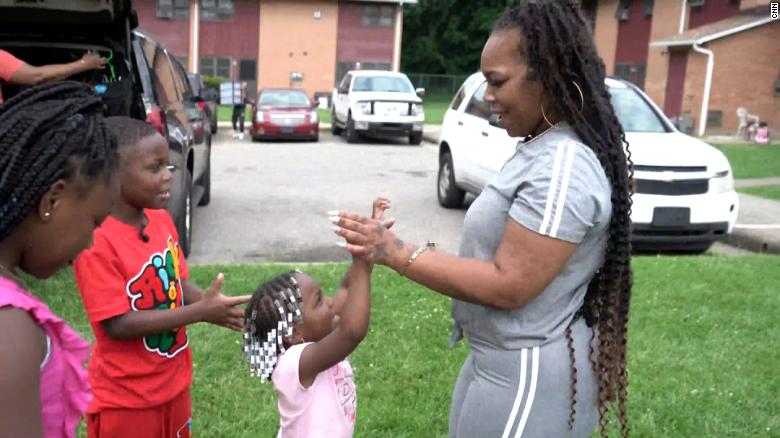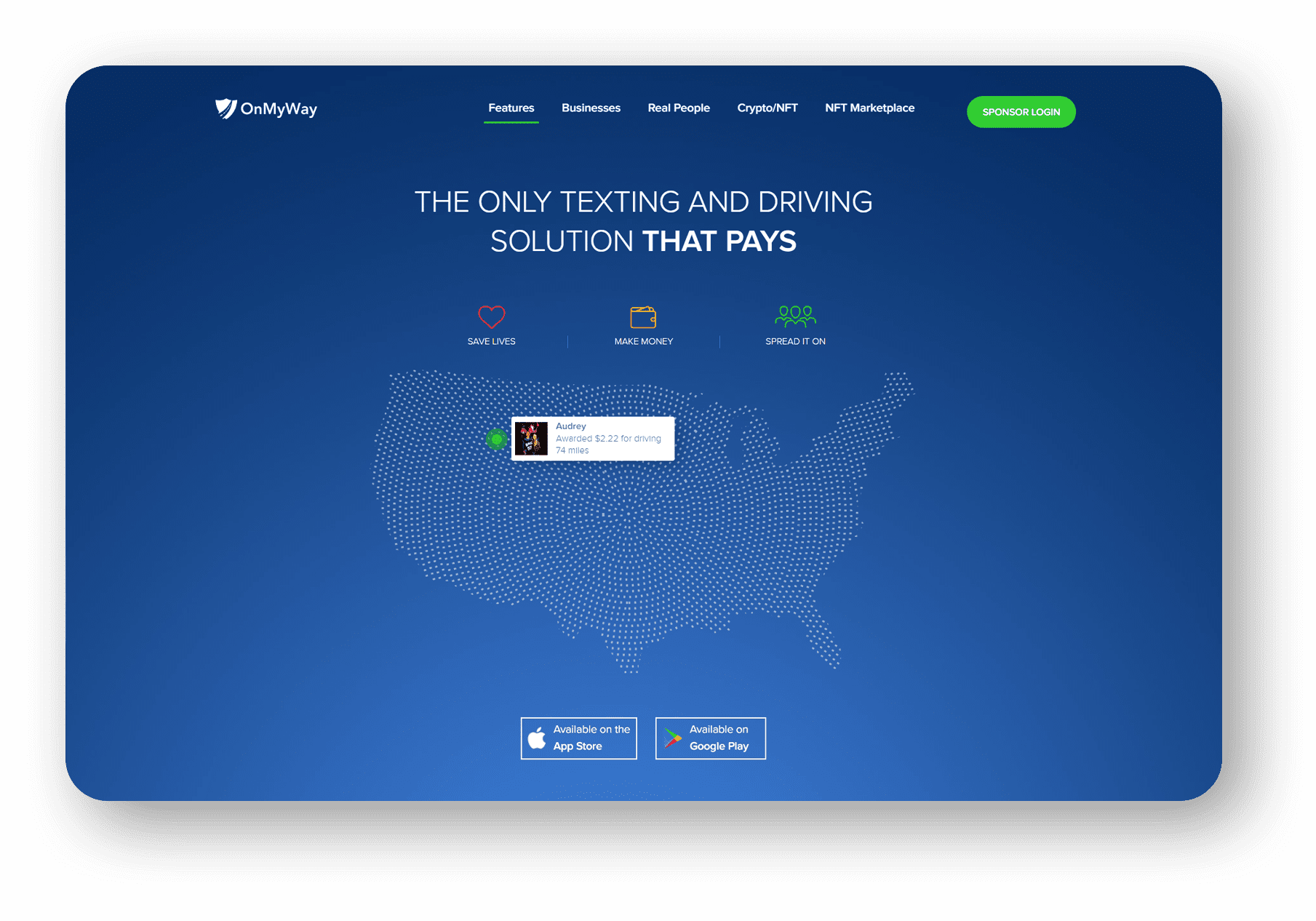
Millions of families should soon receive their fourth enhanced child tax credit payment, which the Internal Revenue Service is scheduled to distribute on Friday.
About $15 billion was sent to roughly 35 million families last month. The average payment to the parents, who had 60 million children, was $428.
Most parents automatically get the enhanced credit of up to $300 for each child up to age 6 and $250 for each one ages 6 through 17. The IRS is scheduled to send two more monthly payments in 2021.
But the agency has also had trouble getting the funds to some households, particularly poorer families — even though it has made multiple efforts to connect with them and set up a portal so they can provide the information needed to receive the credit.
Low-income households may not get the payments if they did not file 2020 or 2019 tax returns or if they didn’t use the IRS tool to claim their coronavirus stimulus checks. As many as 2.3 million children may be in families who have not filed recent returns, according to the Treasury Department.
Some 13% of eligible low-income households have not received the first two monthly payments and were either uncertain about how to claim it or did not know why they did not get it, according to a recent survey by the Poverty Solutions initiative at the University of Michigan.
The survey looked at 3,000 families with children under 18 who use a mobile app created by Propel, a tech company, to manage their food stamp benefits.
Parents who took the survey in Spanish were less likely to say they received the child tax credit payments in July and August than those who responded to an English questionnaire. This, along with other findings, suggests more outreach is needed to Spanish-language households, Poverty Solutions found.
“It is important that we take additional steps to ensure the CTC is reaching and supporting all eligible children and families who can benefit from this important investment,” said Natasha Pilkauskas, co-author of the survey analysis and an associate professor at the University of Michigan.
The first two child tax credit payments lifted 3.5 million kids out of poverty, according to a recent estimate by Columbia University’s Center on Poverty and Social Policy. The child poverty rate was 11.5% in August, but it would have been 16.2% without the enhanced credits.
The initial payments also prompted a 25% decline in food insufficiency among low-income families with children, the center estimated.
Some 75% of low-income families said they used the additional funds to pay bills, Poverty Solutions found. About 14% reported using the money for school supplies, and 11% spent it on school clothes or uniforms.
The expanded child tax credit, which was created as part of the $1.9 trillion coronavirus relief package in March, is in effect only for 2021.
The Democrats’ $3.5 trillion budget reconciliation package seeks to extend the credit through 2025 and make it fully refundable permanently. However, these provisions could be at risk as lawmakers seek to reduce the cost of the bill.











